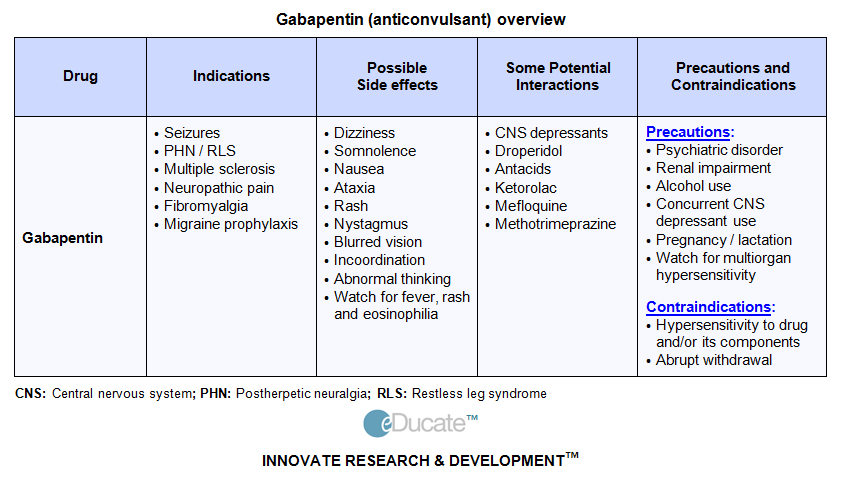No. Gabapentin use and abuse is not associated with compulsive, drug-seeking behavior or strong cravings that indicates addiction. But what can you expect if you are physically dependent on gabapentin? What kind of withdrawal symptoms occur when you stop taking this medication?

Questions About Gabapentin Dependency
If you concerned about the long-term effects of taking gabapentin, talk to your doctor about reducing your dose on a tapered schedule so that you can avoid withdrawal symptoms. Common withdrawal symptoms can occur during acute detoxification and include:
- anxiety
- insomnia
- nausea
- pain
- sweating
- temporary increase in seizure symptoms
How Do You Develop A Dependence On Gabapentin?
Taking gabapentin long-term is enough to develop a physical dependence on this type of medication. If you are taking gabapentin for a chronic condition such as epilepsy, your doctor can help you judge whether the potential for a physical dependence outweighs the symptoms it treats.
What Does Gabapentin Do In The Body?
Gabapentin decreases abnormal excitement of the brain and changes how the body feels pain. No one is exactly sure how gabapentin produces analgesic or anticonvulsant effects on the body. It’s possible that it interacts with receptor sites in the brain, but none have yet been found. While the mechanism of action is not known, studies have shown it to be effective in treating a variety of illnesses.